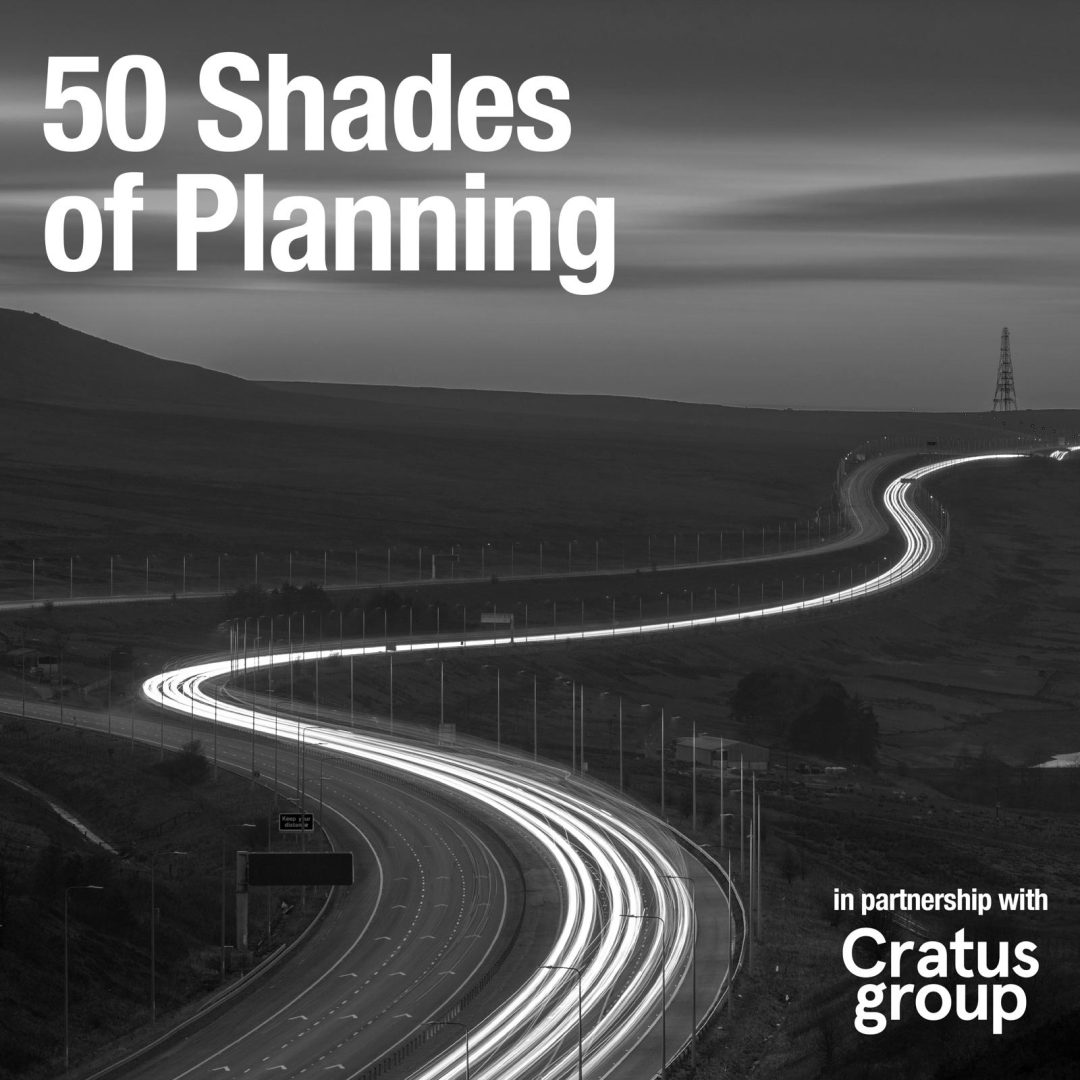Planning to Fail?
By Paul Smith, Associate
As we enter the period of ‘living with Covid’ the development agenda is huge. We are going to build back better, build back greener, build beautiful homes, transform our high streets and, of course, level up the places left behind. We have a target to complete 300,000 homes per year. With this massive and ambitious agenda one might think that there would be an injection of funds into local government to facilitate this growth and, in particular, into the planning system.
The only mention of planning in the budget was £65m for increased digitisation. I’m sure that over time this will help with something, but my experience of digitisation is that while it moves things forward, initially it drains resources for implementation and training and then the laborious period of bug fixing. I’m sure we don’t need reminding that many government digital projects over the years have sunk without a trace.
The budget does include a sizeable increase in grant next year for local government, followed by two years of a freeze. This additional funding growth is to allow for the financial fallout from Covid, but I suspect it will be absorbed fairly quickly to fill gaps in council finance arising over the last two years. Much of this additional money is ringfenced for particular services, mainly adult social care. Most of the rest is likely to soaked up by pay demands as the public sector pay freeze is thankfully removed.
The chances of planning departments pulling rabbits out of the hat are unlikely. While increased development activity does mean additional fees this is not a solid base to build a service. I have certainly heard stories of schemes taking five years to work their way through the planning process as departments lack the capacity to undertake the master planning required for larger developments. While work can be contracted out this only serves to accelerate the brain drain from our planning departments as professionals can get more money for working in private practice for doing the same work. As a local government planner you know you are always going to be wrong, if an application is refused you can be castigated by the developers and if it is passed, attacked by the objectors, so private practice is a safer haven. The same is true for the roles which sit along planning within councils such as legal support, conservation, ecology, and surveying.
While people argue over planning reforms (and my previous blog was on the detrimental impact of the greenbelt) the most obvious problem with the system is underfunding. The Royal Town Planning Institute claims that “…expenditure on planning has fallen by 29% since 2009-10 in England”. Over the years of austerity most local authorities have sought to protect ‘front line’ services. If a council proposes closing a swimming pool or library there will quickly be a demonstration outside, people mobilised, placards produced and petitions organised. I have never seen posters demanding “Protect of Planners”, “Save our Surveyors” or “Look after our Lawyers”. The services that spending have been hypothecated for in the budget are all ‘front line’.
If we are genuinely going to build back better and at scale we need an effective and well resources planning system. We need to nurture local authority planning departments otherwise we will be planning to fail.








